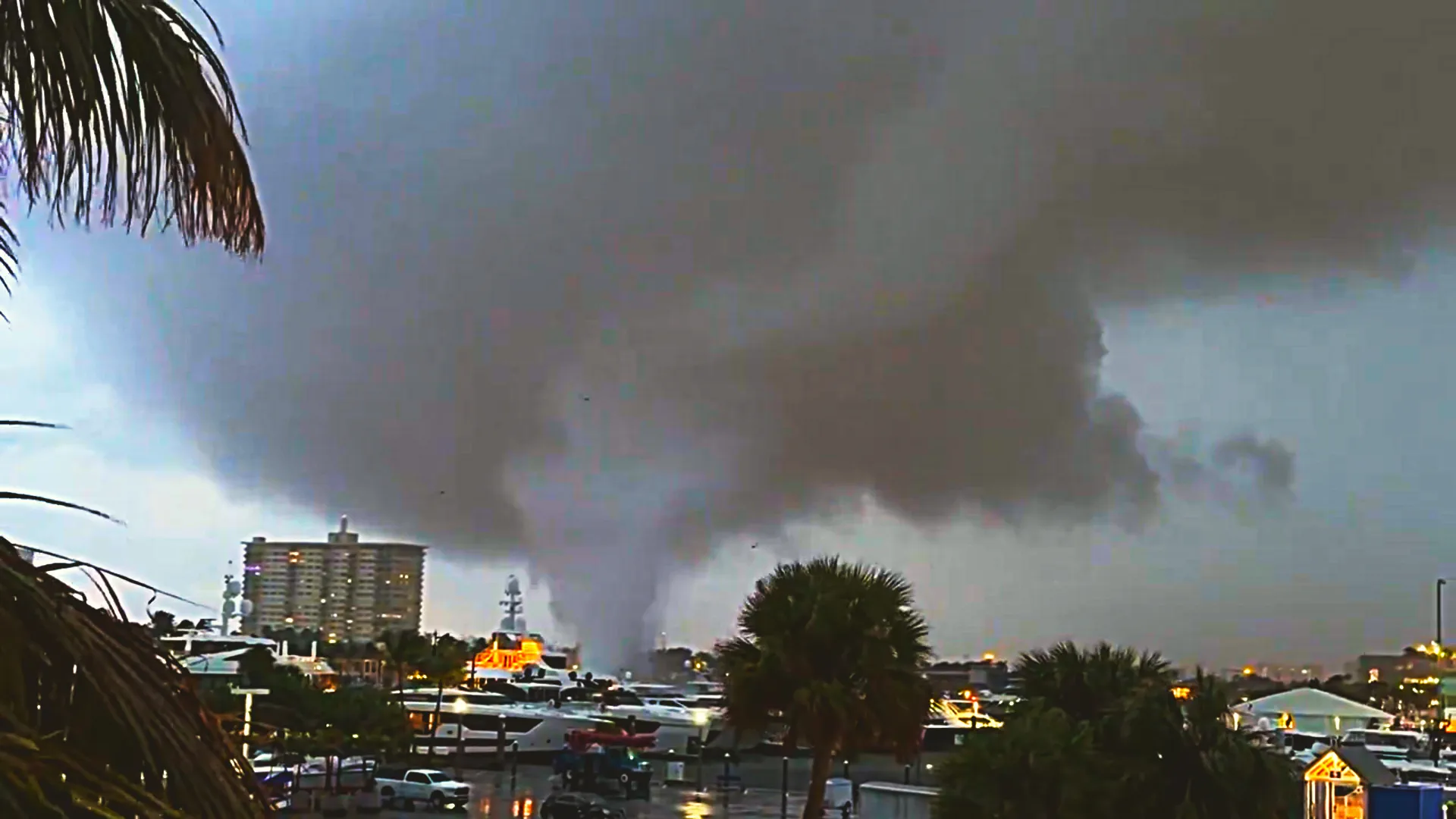
The Role of Russian Propaganda in Undermining US Disaster Response and Support for Ukraine
In a troubling intersection of geopolitics and domestic policy, Russian state-affiliated media has embarked on a campaign to manipulate narratives surrounding natural disasters in the United States, namely hurricanes Milton and Helene. Through a systematic exploitation of these events, Russian disinformation efforts seek to undermine trust in the Federal Emergency Management Agency (FEMA) and simultaneously reduce American public support for financial and military aid to Ukraine. This essay delves into the key narratives disseminated by Kremlin-backed media, exploring their implications in the context of an increasingly polarized political landscape as the United States approaches its presidential election.
Shifting Narratives: Prioritizing Foreign Aid Over Domestic Needs
Central to Russian propaganda is the repeated claim that the Biden administration prioritizes aid to Ukraine over the needs of American citizens affected by hurricanes. Pro-Kremlin outlets like RT have propagated this narrative extensively across social media platforms, asserting that funding for disaster relief is being siphoned off to support Ukraine’s military efforts. This misrepresentation has found a receptive audience among segments of the American public already frustrated with the financial implications of ongoing foreign aid. By framing U.S. support for Ukraine as a betrayal of domestic interests, Russian media effectively amplifies already simmering discontent, creating a fertile ground for discord.
Moreover, the dissemination of these narratives is not merely an exercise in political criticism; it strategically targets existing grievances related to governmental fiscal priorities. For instance, Dmitry Medvedev, Deputy Chair of the Security Council of the Russian Federation, capitalized on this rhetoric, drawing attention to the supposed misallocation of resources in favor of Ukraine, which received significant engagement on social media. This tactic effectively blurs the lines between legitimate critique and disinformation, manipulating the perception of government accountability during crises.
Highlighting Incompetence in Disaster Response
Another prominent narrative propagated by Russian state media points to alleged incompetence within the Biden administration, using the response to hurricanes Milton and Helene as a case study. Sputnik’s coverage featuring U.S. Representative Paul Gosar, who criticized the government’s management of disaster relief, embodies this approach. This narrative positions the Biden administration as chaotic and inefficient, reinforcing conspiracy theories that have taken root in various political circles.
The portrayal of FEMA as inadequately equipped to handle disaster relief is particularly insidious. Claims suggesting that FEMA’s resources have been depleted due to spending on immigration and foreign aid have gained traction, to the extent that FEMA has had to establish a ‘rumor response’ webpage to address these falsehoods. Such claims aim to evoke feelings of neglect among the American populace, thus fueling anti-immigration sentiments and distrust in federal institutions—objectives in line with longstanding Kremlin strategies designed to destabilize liberal democracies.
Amplification of Domestic Narratives
A distinguishing feature of the Russian disinformation model is its reliance on existing U.S. narratives rather than generating completely new misinformation. By amplifying voices and sentiments already circulating in American political discourse, Kremlin-backed media lends a veneer of legitimacy to its claims. Notably, Russian outlets have echoed criticisms made by influential figures such as Elon Musk and former President Donald Trump regarding the prioritization of international aid over domestic disaster recovery. This methodology allows Russian actors to infiltrate ongoing discussions, widening divisions within American society while maintaining plausible deniability.
The Role of Social Media Platforms
The proliferation of these narratives can be traced significantly to the mechanisms of social media. Platforms like X (formerly Twitter) have been criticized for their lack of adequate fact-checking measures, enabling Russian disinformation to spread unchecked. The absence of state affiliation labels on accounts sharing misleading content exacerbates the issue, allowing the narratives to appear more credible. Additionally, Russian-affiliated actors have utilized other platforms, such as Telegram, to further disseminate their propaganda, reaching specific audiences predisposed to their messages.
The case of RIA Novosti sharing AI-generated images purportedly depicting the devastation caused by hurricanes illustrates the extent of Russian tactics. These fabricated visuals, while debunked, were leveraged to create emotional responses that served the Kremlin’s agenda, further illustrating the potency of visual misinformation in shaping perceptions.
Conclusion: A Call for Vigilance
As the United States gears up for a critical presidential election, the implications of Russian propaganda campaigns underscore a broader strategy to manipulate domestic sentiments and deepen political polarization. By directly linking the Biden administration’s handling of disaster responses with U.S. aid to Ukraine, Russian disinformation seeks to frame international support as detrimental to American citizens. This intricate interplay of foreign interference and domestic politics poses severe challenges for trust in governmental institutions and public discourse.
In light of these developments, it is imperative for individuals and media platforms alike to adopt vigilant strategies for verifying information, particularly related to evolving narratives about domestic and international crises. The responsibility lies not only with social media companies to enforce stricter safeguards against disinformation but also with the public to scrutinize claims and remain discerning consumers of news. The successful navigation of this crisis of truth will be crucial in fortifying democratic resilience against external manipulation and fostering a more informed citizenry.
Gleb Perov is the founder and chief meteorologist of POGODNIK, a leading weather forecasting service in Eastern Europe. With over 15 years of hands-on experience in meteorology and climate analysis, he has worked private weather services.
Gleb is the author of numerous scientific and analytical publications on climate, magnetic storms, and atmospheric processes. He regularly collaborates with major international agencies such as NOAA, ECMWF.





